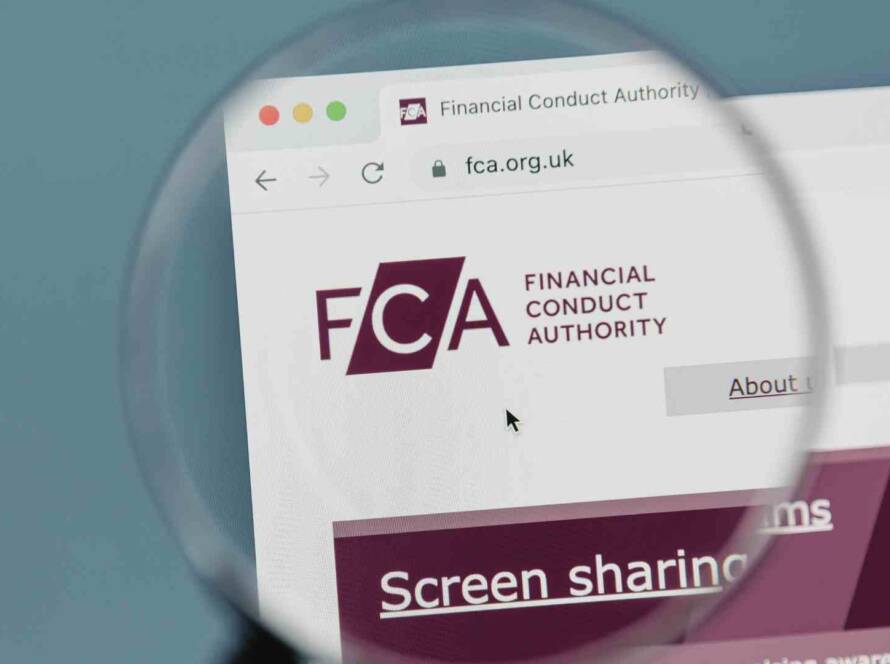SBF’s lawyers had argued that their client isn’t guilty because there were no regulations in the US, and SBF followed the rules concerning FTX US.
In a new filing, the US Department of Justice (DOJ) noted that the lack of clear regulatory laws on crypto doesn’t affect the criminal charges against former FTX CEO Sam Bankman-Fried.
DOJ Motion filed to prevent claim of illegality
The DOJ filed a motion on October 4 to prevent the defendant from arguing under the lack of crypto laws to invalidate the court jurisdiction on the criminal allegations against Sam Bankman-Fried.
SBF’s lawyers had argued that their client isn’t guilty because there were no regulations in the US, and SBF followed the rules concerning FTX US.
“While the existence of a law might be relevant to establish a statutory duty of care, the absence of regulation is not relevant to whether money was, in fact, entrusted to the defendant’s care by his victims,” the DOJ filing said.
Read more: FTX founder trial starts today, lawyers move to block witness testimony
The DOJ noted that this argument may potentially confuse the jury. The DOJ said that the argument may “confuse the jury into believing that there must be a regulation imposing a duty for misappropriation to have occurred.”
The prosecution also pushed that the court should preclude SBF from granting his request for reconsideration on a previous granting of precluding him from offering evidence concerning the recovery of assets in the FTX bankruptcy proceeding.
SBF had also attempted to use his previous charitable acts and philanthropic donations as a defence. The DOJ responded in the Wednesday filing that it does not object to his presenting admissible evidence regarding charitable efforts “so long as the evidence is presented for a proper purpose, including not for propensity or character purposes.”

Disclaimer: CryptoPlug does not recommend that any cryptocurrency should be bought, sold, or held by you. Do conduct your own due diligence and consult your financial advisor before making any investment decisions.




